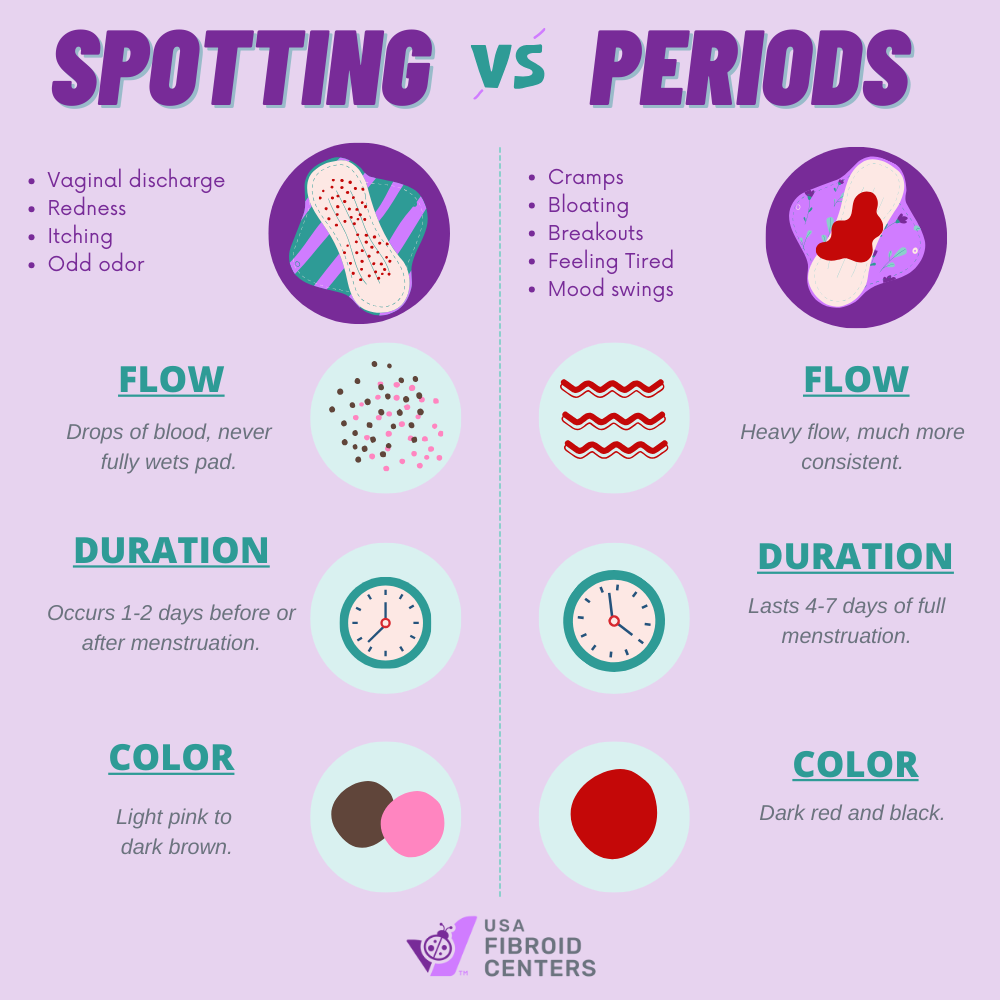
Pregnancy Spotting: Causes, Symptoms, and Treatment
Pregnancy spotting is a common occurrence during pregnancy, affecting up to 25% of women. It is characterized by light vaginal bleeding or spotting that is typically pink or brown in color. While spotting during pregnancy can be alarming, it is not always a sign of a problem. However, it is important to be aware of the potential causes and symptoms of pregnancy spotting and to seek medical attention if necessary.
Causes of Pregnancy Spotting
There are a number of potential causes of pregnancy spotting, including:
- Implantation bleeding: This is the most common cause of spotting in early pregnancy. It occurs when the fertilized egg implants into the lining of the uterus. Implantation bleeding typically occurs around 10-14 days after conception and lasts for a few days.
- Cervical changes: The cervix undergoes changes during pregnancy, which can make it more sensitive and prone to bleeding. This can be caused by intercourse, a pelvic exam, or even coughing or sneezing.
- Hormonal changes: The hormonal changes that occur during pregnancy can also cause spotting. These changes can affect the blood vessels in the uterus, making them more likely to bleed.
- Infection: A vaginal or urinary tract infection can also cause spotting during pregnancy.
- Ectopic pregnancy: This is a rare but serious condition in which the fertilized egg implants outside of the uterus. Ectopic pregnancies can cause spotting or bleeding, as well as other symptoms such as abdominal pain and nausea.
- Placental problems: Placental problems, such as placental abruption or placenta previa, can also cause spotting or bleeding during pregnancy.
Symptoms of Pregnancy Spotting
The symptoms of pregnancy spotting can vary depending on the cause. However, common symptoms include:
- Light vaginal bleeding or spotting that is pink or brown in color
- Cramping or abdominal pain
- Nausea or vomiting
- Dizziness or lightheadedness
- Fever or chills
When to Seek Medical Attention
It is important to seek medical attention if you experience any of the following symptoms along with pregnancy spotting:
- Heavy bleeding or bleeding that soaks through a pad in an hour
- Bright red bleeding
- Bleeding that is accompanied by severe pain
- Fever or chills
- Nausea or vomiting that is severe or persistent
- Dizziness or lightheadedness that is severe or persistent
Treatment for Pregnancy Spotting
The treatment for pregnancy spotting will depend on the cause. In most cases, spotting during pregnancy is not a sign of a problem and does not require treatment. However, if the spotting is heavy or persistent, or if it is accompanied by other symptoms, your doctor may recommend treatment. Treatment options may include:
- Bed rest
- Pelvic rest
- Medications to stop bleeding
- Surgery to correct a placental problem
Prevention of Pregnancy Spotting
There is no sure way to prevent pregnancy spotting. However, there are some things you can do to reduce your risk, such as:
- Avoiding strenuous activity
- Getting plenty of rest
- Eating a healthy diet
- Taking prenatal vitamins
- Avoiding smoking and alcohol
Outlook for Pregnancy Spotting
The outlook for pregnancy spotting is generally good. In most cases, spotting during pregnancy is not a sign of a problem and does not affect the health of the mother or baby. However, it is important to be aware of the potential causes and symptoms of pregnancy spotting and to seek medical attention if necessary.